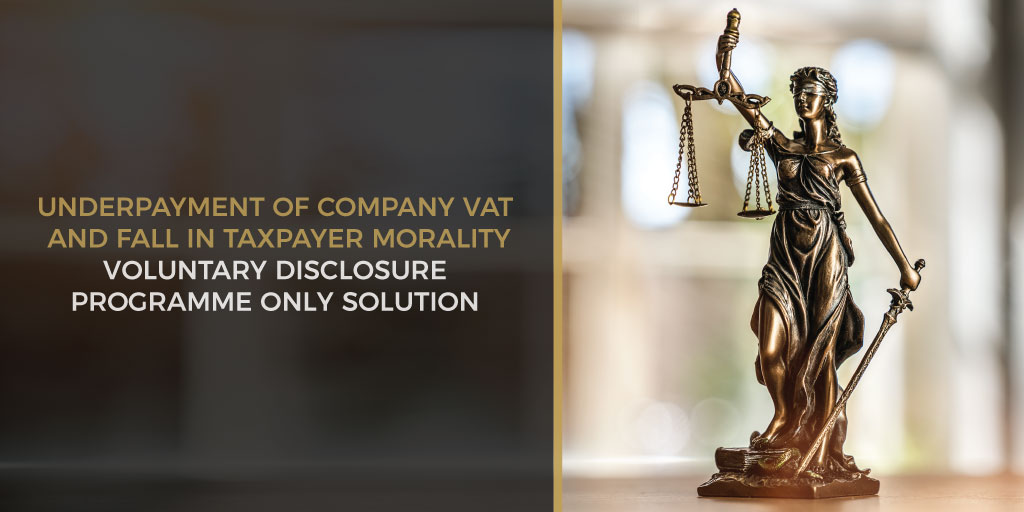With the wave of anti-SARS sentiment currently washing over South Africa, paying historical value-added tax (VAT) may be a hard pill to swallow. This has resulted in many companies understating or underpaying their VAT and subsequently incurring colossal penalties in addition to the tax payable.
However, paying historical VAT remains the most sensible course of action for any business with longevity and reputation in mind. It is at this point where SARS’ Voluntary Disclosure Programme (VDP) comes in, affording the opportunity to any taxpayers with unpaid taxes, including income tax, pay as you earn (PAYE) and most importantly VAT.
The blinding spotlight
In the tax realm, two topics continue to dominate the media spotlight; namely SARS’ systemic delay of VAT refunds and the Nugent Commission’s airing of SARS’ dirty laundry. It is perhaps not difficult to understand why tax morality in South Africa is at an all-time low, and why businesses continue to underpay on their VAT liabilities to SARS.
To add insult to injury, the Tax Ombud earlier this month announced a fresh investigation into claims that SARS is not playing fair in how they handle taxpayer’s disputes. Undoubtedly, this will add to the already slippery and sharply steep slope that is taxpayer morality.
While the sentiment is well shared, there is a broader consideration which is continually left out of the conversation. I am referring to the end game: eventually, SARS comes out on top. Remember, it is a criminal offense for a company to fail to pay its VAT and directors also face the risk of being held accountable. At the same time, no SARS officials have been held to account for their handling of taxpayer dispute and refunds. Not yet anyway.
Collecting with determination
Tax collections and SARS enforcement measures are by no means comparable with other facets of South African life, such as perhaps the collection of e-tolls payments and speeding fines, which everyday seem to be losing more traction. The collection mechanisms at SARS continue to operate, with varying tactics, including tough audits, quick court judgments and taking money directly from taxpayers’ bank accounts.
In that regard, SARS has hit the accelerator in its VAT collections and has gone far beyond their denying taxpayers VAT refunds, albeit that the latter was confirmed by the Tax Ombud. VAT audits are occurring more frequently and with harsher outcomes for repeat offenders or in respect of significant tax liabilities which extends over several years.
Penalties aren’t optional
It should come as no surprise that outstanding VAT debts will accrue both interests, roughly 10 – 11% per annum as well as percentage-based penalties. While a standard 10% VAT penalty is more often imposed, a worst-case scenario, where SARS finds evidence of deliberate tax avoidance, will permit the imposition of a penalty up to 200% of the VAT payable. Of course, nothing prevents SARS from making the allegation of tax avoidance, so the cards in SARS’ deck are well stacked.
It also goes without saying that audit findings and penalty impositions remain on your tax record and therefore there is a risk of remaining on SARS’ radar for future audits. Once a SARS auditor has smelled blood, expect a difficult, agenda driven audit.
VDP Relief
If we push through the anti-SARS, anti-taxpaying mania and consider the possible solutions open to taxpayers, SARS VDP is at the forefront. The relief afforded includes:
• Remittance of full understatement penalties;
• Remittance of full administrative non-compliance penalties; and
• Amnesty from criminal prosecution.
A successful VDP, in most cases, allows for full remission of penalties. This leaves then just the tax and interest payable which, while leaving a sting, permits a total regularisation of tax affairs and avoidance of criminal prosecution.
Author

Darren Britz
Senior Tax Attorney






